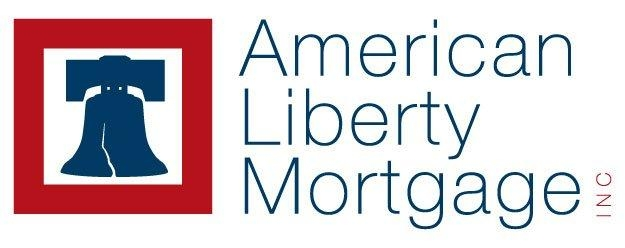
Investing in real estate can feel like an exciting, yet challenging, journey. The key to success? Understanding how to finance your investment property. With a range of financing options available, knowing which path to take can turn a complex process into a rewarding experience. Let’s explore the various financing options to help you make the smartest choice for your investment.
Use Your Own Assets: Equity Financing
Equity financing allows you to leverage your personal assets to fund your investment. This could mean using your own savings, selling off other assets, or taking out a Home Equity Line of Credit (HELOC) to tap into the equity in your current home. The advantage here is that you avoid loan applications and interest payments. However, this option requires a significant amount of personal wealth upfront.
Traditional Mortgage Loans
Mortgage loans are a common choice for financing investment properties. However, they usually come with higher interest rates and larger down payments compared to personal home loans. Each lender offers different terms, so it’s important to shop around to find the best deal. For short-term investments, an adjustable-rate mortgage (ARM) might be a good option, but be aware that interest rates can fluctuate.
Government-Backed Loans: FHA and VA Loans
FHA and VA loans provide opportunities for those who qualify. FHA loans are a good option for investors with limited cash, offering lower down payments. However, you’ll need to live in the property for at least a year. VA loans, available to veterans and active military members, offer the benefit of no down payment but also require occupancy. These government-backed loans can be helpful but come with specific requirements.
Hard Money Loans: Fast but Costly
Hard money loans are a flexible and fast option for those looking for quick financing. These loans, offered by private investors or companies, focus more on the property being financed rather than the borrower’s credit score. They’re ideal for investors looking to flip or renovate properties quickly. However, they come with higher interest rates and fees, making them a more expensive option.
Financing an investment property offers a variety of options, each with its own benefits and challenges. Whether you choose to use your own equity, take out a traditional mortgage, apply for a government-backed loan, opt for a hard money loan, the best approach is the one that aligns with your financial goals. With the right strategy and careful planning, real estate investment can be a path to financial growth.
Ready to explore your financing options?
Contact us today for personalized advice and find the best strategy to fund your real estate investment!

